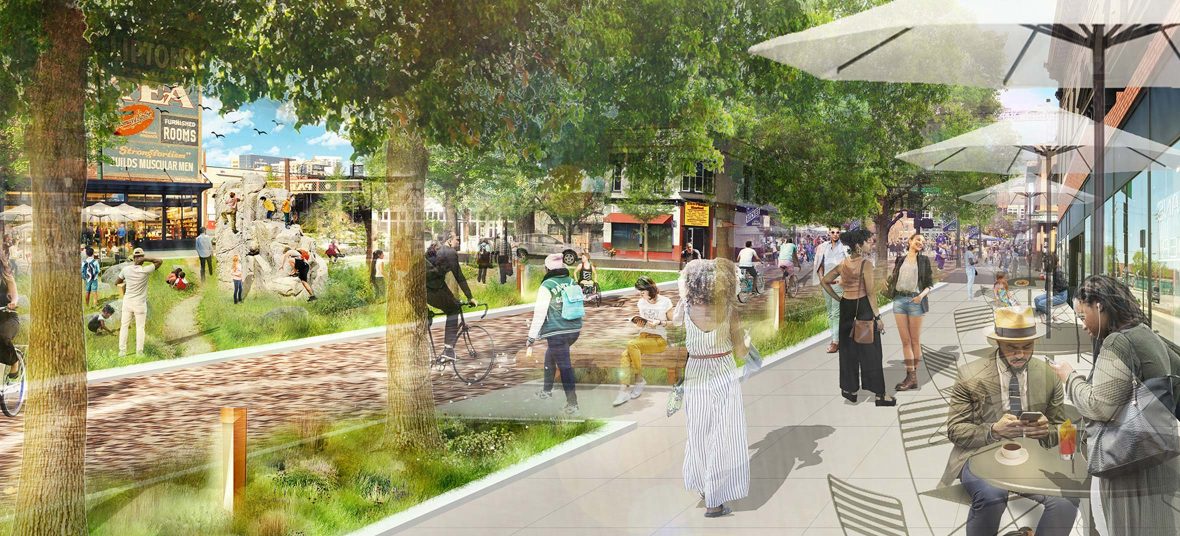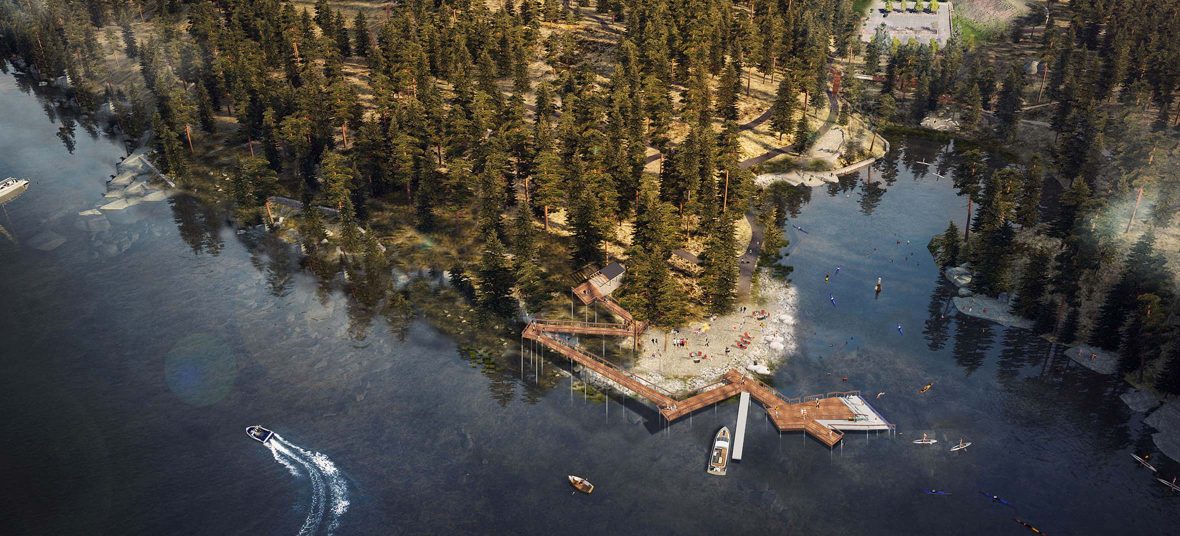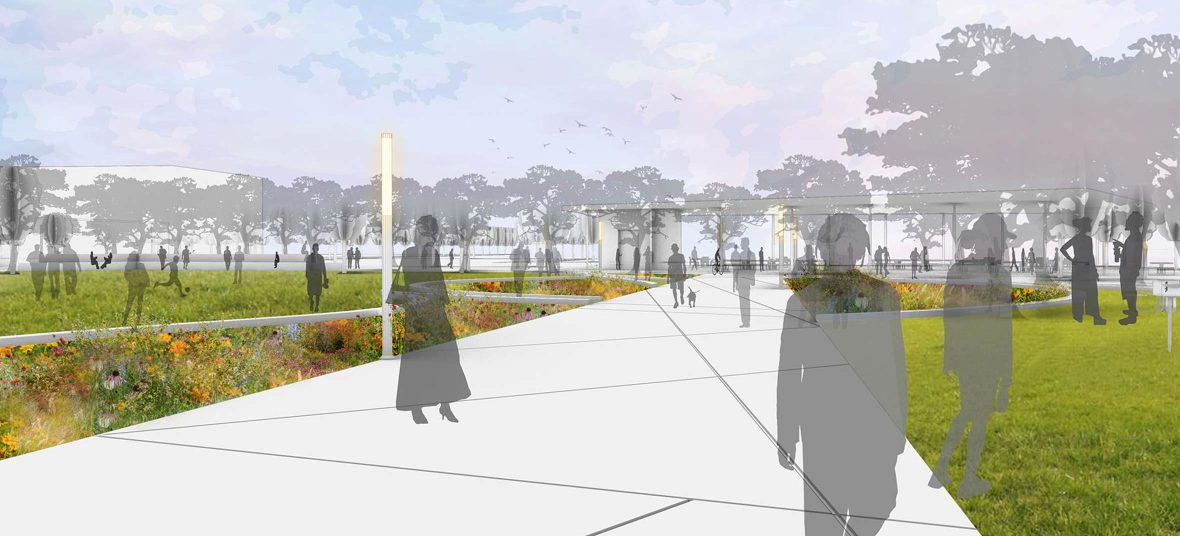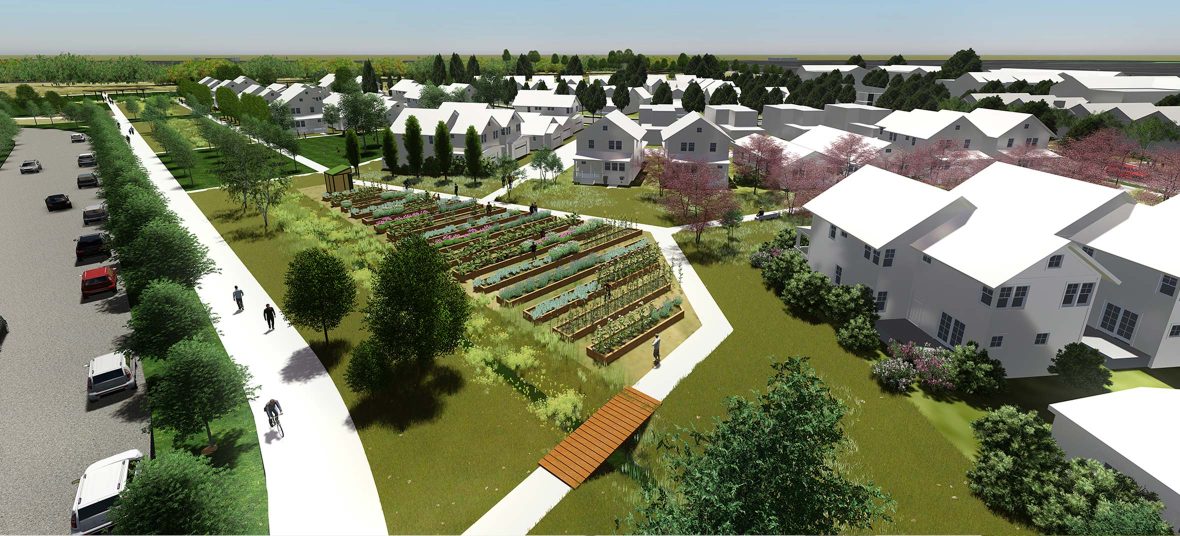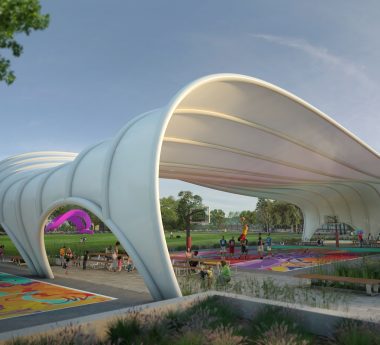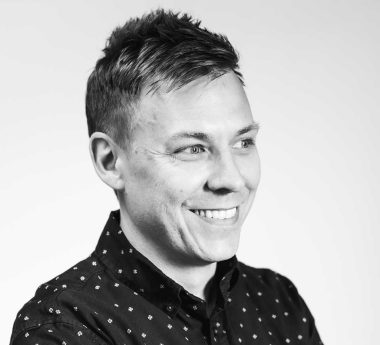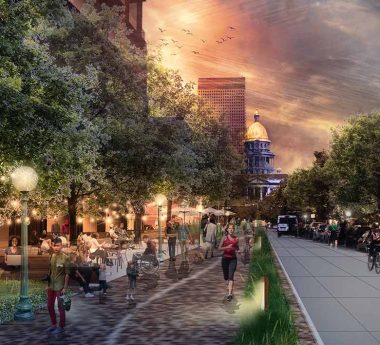Everyone deserves equal access to a safe, healthy, comfortable and fulfilling life. Many populations have been underserved for generations, disconnected from this access. Design has not always been equitable.
As designers and planners, we have an opportunity – really an obligation – to rebuild and reconnect. To create spaces that serve the community. The whole community.
To do this, we must listen to the whole community. Really listen. While we still have much to learn, this is what we’ve been attempting to do at Civitas for decades. We’ve sought to integrate the complexities of life into a cohesive, purposeful, pleasing and fulfilling whole. This integration is what makes places – and people – healthier, more sustainable and resilient. Communities become more stable, businesses more profitable, and cities more desirable places to live, work and play. But first we have to understand what each community’s complexities are, because there can be many. We have to get curious, ask questions, and listen.
Here are some of the things we’ve learned as we’ve listened:
